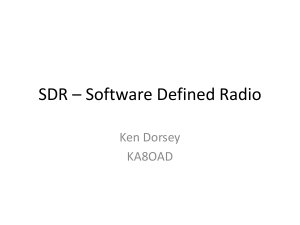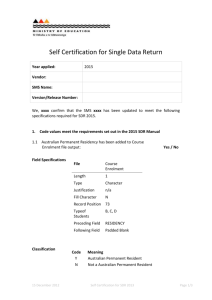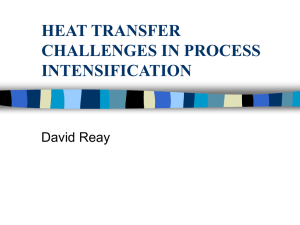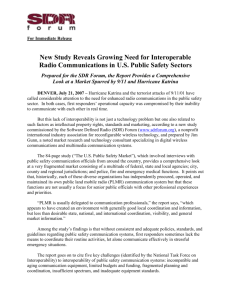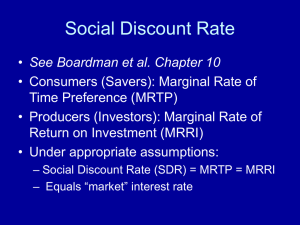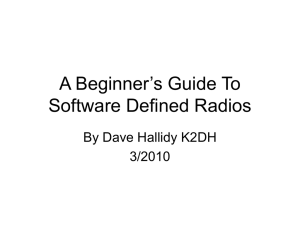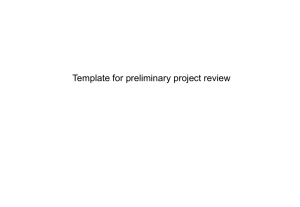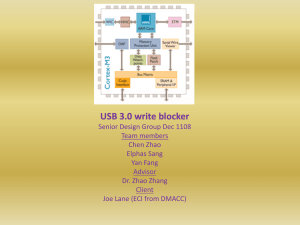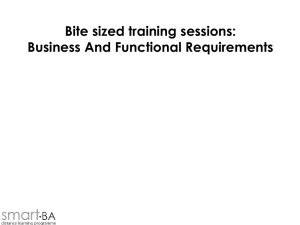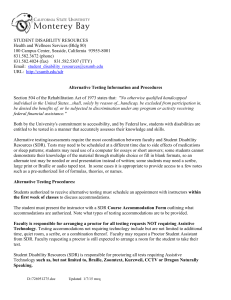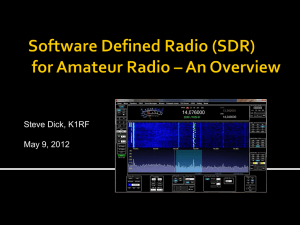Software - Radio Elektronica Club voor Culemborg
advertisement
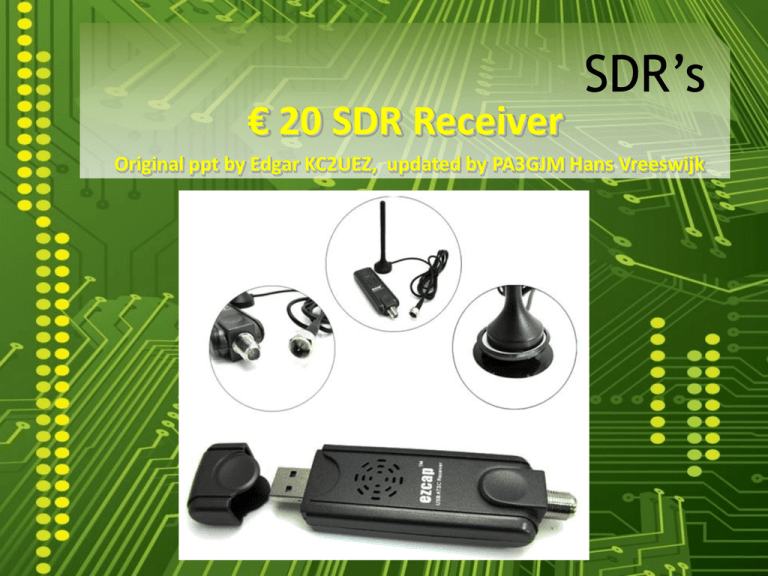
SDR’s € 20 SDR Receiver Original ppt by Edgar KC2UEZ, updated by PA3GJM Hans Vreeswijk How this cheap SDR works? Input from an antenna is down sampled, filtered by The E4000 tunerchip and passed to an analog to digital converter (RTL2832U) the output is then sent to the computer by USB. All filtering, demodulation and other processing is done by the computer. Audible output is then played back on the computer speakers. What you need? Computer with 1.0 GHz+ CPU USB Tuner based on RTL2832U chip Antenna Special Drivers (ZADIG) Software SDRSharp ( SDR#) Compatible USB Devices Mine came from: http://s.dealextreme.com/search/44326 Software - Drivers Installation: Insert the USB tuner on a free USB port. Do not install anything from the CD and let windows install drivers from Microsoft (they will be replaced later). Download the Zadig drivers from this location: http://rtlsdr.org/softwarewindows Decompress and run the Zadig.exe file Software – Drivers Click on Option and select “List All Devices” Choose the one that says “Bulk-In, Interface (Interface 0)”. This should be the primary endpoint of your RTL device. Software – Drivers In the box to the right of the green arrow make sure “WinUSB” is chosen not libusb or libusbk. The big button underneath will say “Replace Driver” or “Reinstall Driver”. Before you proceed make sure the USBID matches the VID/PID in the hardware table. Software – SDRSharp Download the latest development version of SDR# from http://sdrsharp.com Unzip it to a folder – There is no installer which is nice for a change. Run SDRSharp.exe and you should see the following window. !!! Software Update !!! Warning: since begin august SDR Sharp does not have a complete download anymore, The parts have to be downloaded separately. On http://www.vandijkenelektronica.nl/ the original complete version (sdrsharp-100500.zip) can be downloaded. The required Zadig driver is available on http://sourceforge.net/projects/libwdi/files/zadig/ I am using v2.0.1.154 because a newer version did not work. Software – SDRSharp Set Radio to WFM (wideband FM) Set the 'Front End' type from 'Other' to 'RTLSDR / RTL2382U' Set the center frequency to (88,000,000) This is 88MHz. If all is working the 'Front End' button should go from grey text to black text. Click on Play. Source of information RTLsdr: http://rtlsdr.org/ osmocomSDR: http://sdr.osmocom.org/trac/wiki/rtl-sdr SDRSharp: http://sdrsharp.com/ GNURadio: http://gnuradio.org RTL Source: http://wiki.spench.net/wiki/Gr-baz E4000 Tuner Chip Additional information SDR # Receives radio signals between about 65 and 1700 MHz. Handles AM, NFM, WFM, LSB, USB, DSB an CW Frequency calibration possible. Filter and bandwith adjustment possible. Adjustable squelch. Adjustable volume. Selection of frequency grid. Spectrum view and waterfall view Max 2 MHz displayable ( f.i. complete 2 meter band) Including air traffic control, military, maritime, certain satellite based services including navigation, and so forth. Some signals in the preceeding list will be encrypted; others merely digitally encoded. Amateur radio, weather, and most maritime services will be in the clear. With proper software, most of the signals received by these $20 SDRs can be demodulated / decoded / decrypted immediately. Warning / Limitations Do not install the original DVB-T software No pre- selector present Susceptible for nearby transmission (signal overload) Delivered antenna and Remote control of no practical use The Receiption frequency can be off for a few KHz. Before use calibration has to be done (software, very EZ) Decoding digital signals Install Virtual Audio Cable software to re-route RTL2832U audio to the local soundcard AGWPE UIView (APRS) PDW ( POCSAC, P2000, ACARS ) DSC ( ATIS, AIS, Diff GPS, Navtex) EASYPAL ( digital SSTV ) … … Questions ? Thank’s for your attention Hans Vreeswijk PA3GJM
